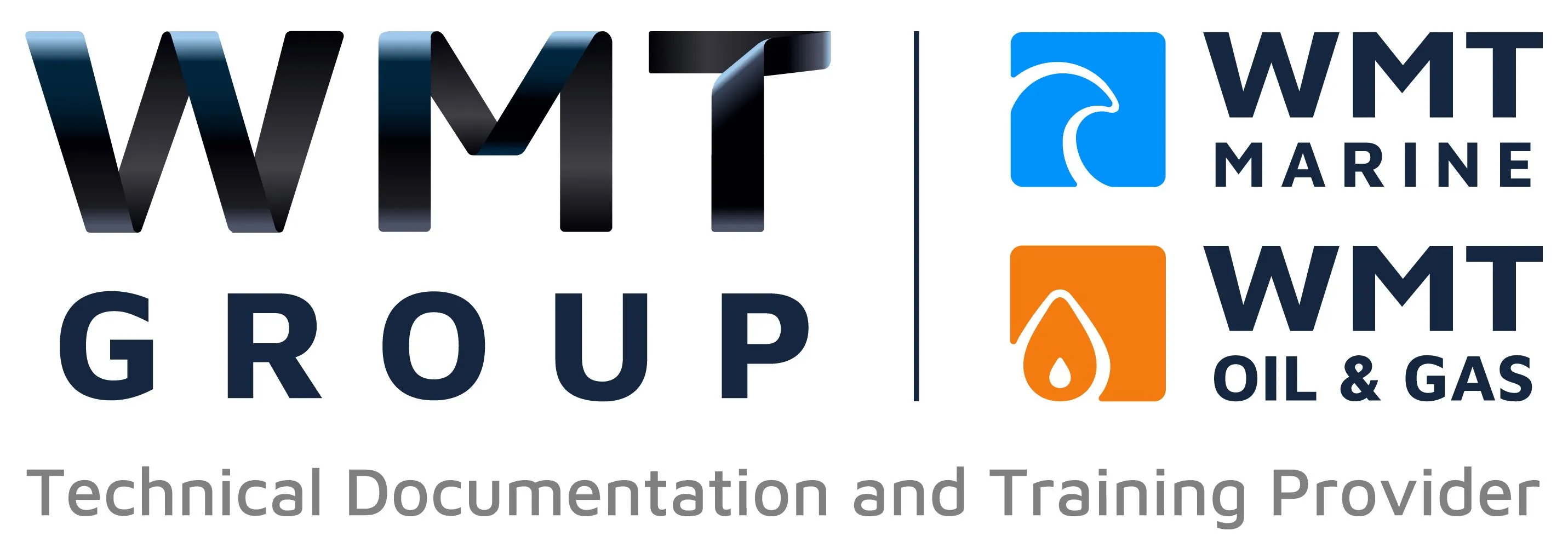What to Look for in Oil Industry Technical Documentation Specialists

In the oil industry, where precision and accuracy are paramount, having top-notch technical documentation specialists is essential. These experts create the manuals, guides, and reports that ensure safe, efficient, and compliant operations. But with so many specialists out there, how do you choose the best one for your needs? In this blog, we'll discuss what to look for in oil industry technical documentation specialists.
Industry-Specific Knowledge
The oil industry is highly specialised, with its own set of technologies, terminologies, and standards. Your chosen documentation specialist must have a deep understanding of the industry to create accurate and relevant documents.
Key Points to Consider:
• Experience with oil exploration, drilling, and production processes
• Knowledge of industry-specific equipment and technologies
• Familiarity with oil industry terminology and jargon
Proven Track Record
Experience matters, especially in a complex field like the oil industry. Look for
documentation specialists with a proven track record of delivering high-quality work on similar projects.
Key Points to Consider:
• Portfolio of previous oil industry documentation projects
• Positive client testimonials and references
• Case studies showcasing successful projects
Technical Writing Proficiency
Technical documentation must be clear, concise, and easy to understand. Your specialist should possess exceptional writing skills to convey complex information effectively.
Key Points to Consider:
• High-quality writing samples
• Ability to simplify complex concepts
• Attention to detail and accuracy
Regulatory Compliance Expertise
Compliance with local and international regulations is critical in the oil industry. The
documentation specialist must be well-versed in these regulations to ensure that all
documents meet legal requirements.
Key Points to Consider:
• Knowledge of relevant regulatory bodies and standards (e.g., OSHA, EPA)
• Experience in creating compliance documentation
• Ability to stay updated with regulatory changes
Customisation and Flexibility
Every oil industry project is unique, and so are its documentation needs. The best specialists offer customised solutions that align with your specific project requirements.
Key Points to Consider:
• Willingness to tailor documentation to your needs
• Flexibility in handling different project sizes and scopes
• Ability to meet project timelines and milestones
Strong Communication Skills
Effective communication is essential for successful collaboration. Your documentation specialist should be able to understand your needs, provide regular updates, and incorporate feedback seamlessly.
Key Points to Consider:
• Responsiveness and clarity in communication
• Ability to work collaboratively with your team
• Regular progress updates and feedback loops
Technology Proficiency
Modern technical documentation often involves the use of specialised software tools. Ensure that your specialist is proficient in the latest technology to create high-quality documents.
Key Points to Consider:
• Proficiency with technical writing and documentation tools (e.g., Adobe FrameMaker, MS Word, MadCap Flare)
• Experience with digital document management systems
• Ability to create interactive and multimedia documentation
Cost-Effectiveness
While cost should not be the only factor, it's important to find a specialist who offers good value for money. High-quality documentation can prevent costly mistakes and improve efficiency, providing long-term savings.
Key Points to Consider:
• Transparent pricing structure
• Value-added services offered
• Long-term cost benefits of quality documentation
Conclusion
Selecting the right technical documentation specialist for the oil industry involves evaluating their industry knowledge, experience, writing proficiency, regulatory compliance expertise, customisation options, communication skills, technology proficiency, and cost-effectiveness. By focusing on these key factors, you can ensure that your oil industry projects are supported by top-tier documentation, leading to safer, more efficient, and compliant operations.
